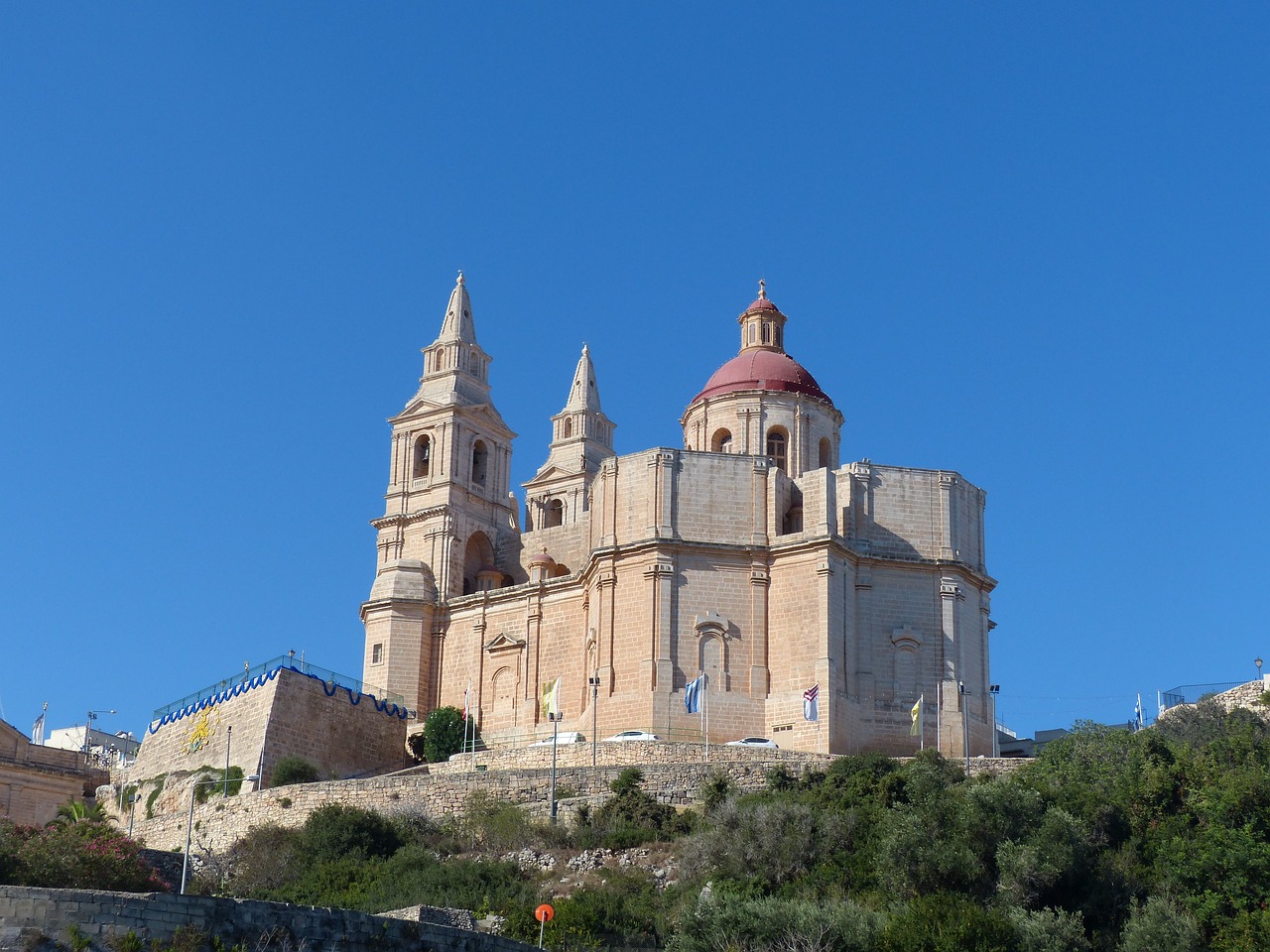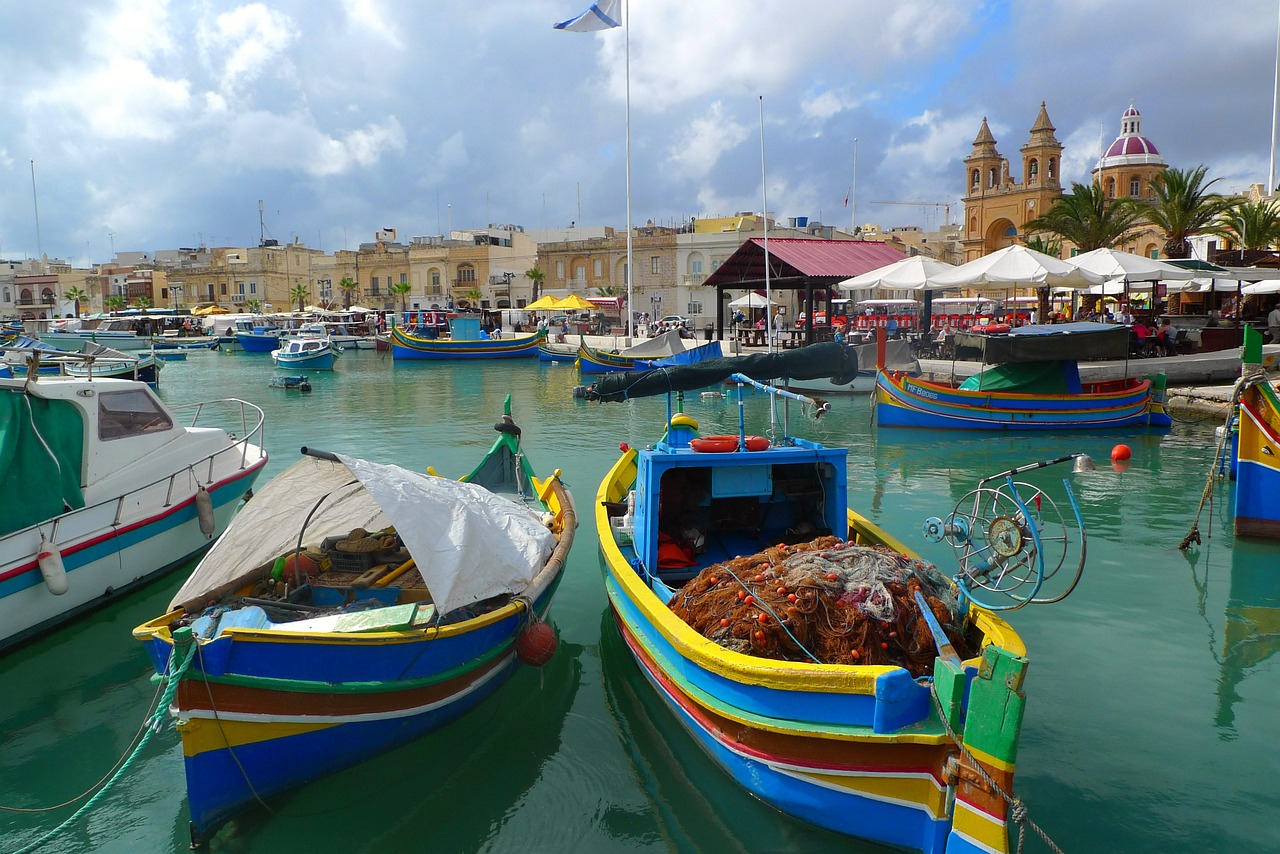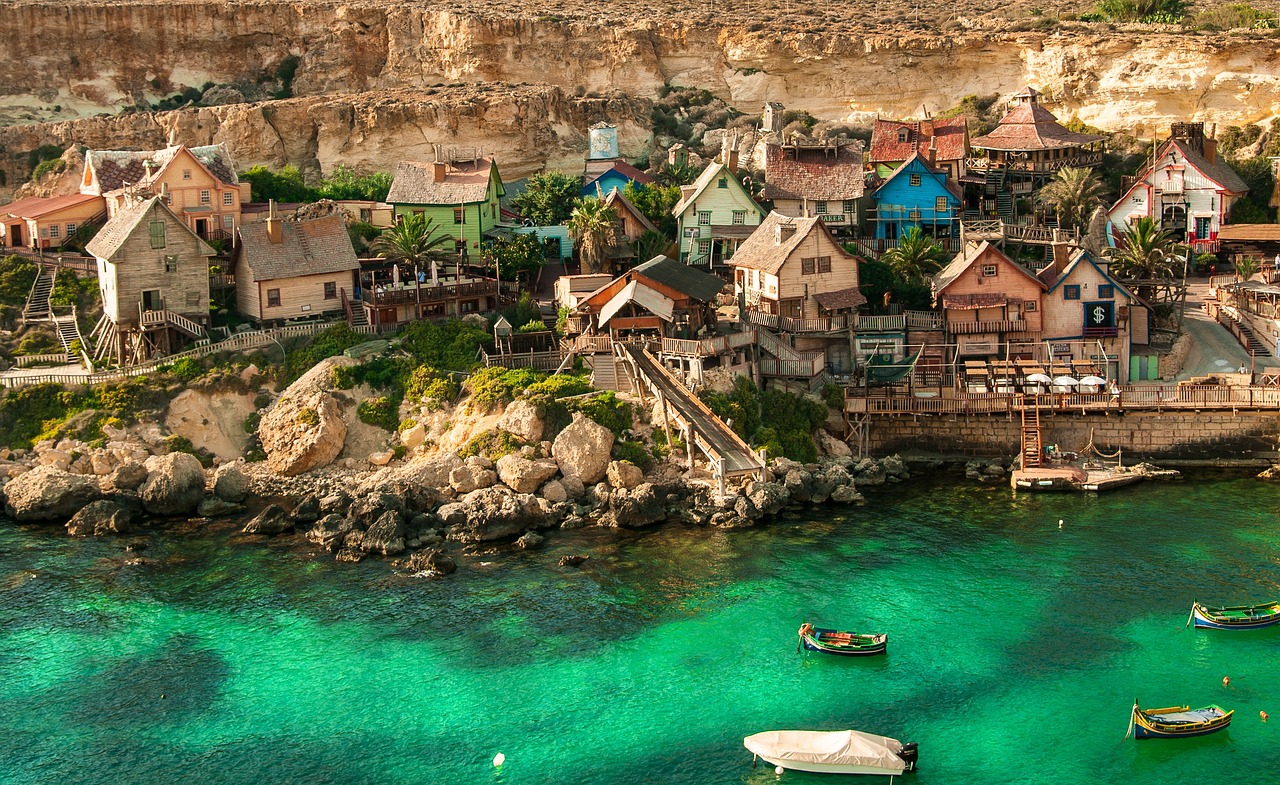Malta Video
Managing Finances and Payments while Working in Malta
Introduction
Malta is a popular destination for professionals seeking work opportunities in various industries. As an expatriate working in Malta, it is essential to have a good understanding of how to manage your finances and payments effectively. This article provides a comprehensive guide to help you navigate the financial landscape in Malta, covering topics such as banking, taxes, cost of living, and more.
Banking in Malta
When working in Malta, it is advisable to open a bank account to facilitate your financial transactions. Several local and international banks operate in Malta, offering a range of services tailored to both individuals and businesses. Some popular banks in Malta include Bank of Valletta, HSBC Malta, and APS Bank.
- Bank of Valletta: Provides a wide range of banking services, including current accounts, savings accounts, loans, and credit cards. Their online banking platform allows easy access to account information and transactions.
- HSBC Malta: Offers various personal and business banking solutions, including accounts, loans, investments, and insurance. They have a strong online banking presence and provide convenient mobile banking options.
- APS Bank: Provides personal and business banking services, including accounts, loans, and investment options. They focus on personalized customer service and offer a user-friendly online banking platform.
Taxes in Malta
Understanding the tax system in Malta is crucial for managing your finances effectively. Malta operates on a progressive tax system, with different tax rates depending on your income level. The tax year in Malta runs from January 1st to December 31st.
- Income Tax: Income tax rates in Malta range from 0% to 35%, depending on your income bracket. It is important to register with the Maltese tax authorities and fulfill your tax obligations accordingly.
- Value Added Tax (VAT): VAT in Malta is charged on most goods and services at a standard rate of 18%. However, certain products and services may be subject to reduced rates or exemptions.
- Social Security Contributions: As an employee in Malta, you are required to contribute to the social security system. The contributions are calculated based on your income and are shared between the employer and the employee.
Cost of Living in Malta
Managing your finances effectively also involves understanding the cost of living in Malta. The cost of living can vary depending on your lifestyle choices and location within the country.
- Accommodation: Rental prices in Malta can vary significantly based on the location and type of property. Popular areas like Sliema and St. Julian’s tend to have higher rental costs compared to other regions.
- Transportation: Public transportation in Malta is relatively affordable, with a well-connected bus network covering most areas. Taxis and rideshare services are also available, but they can be more expensive for daily commutes.
- Groceries: Supermarkets in Malta offer a wide range of products at varying price points. It is advisable to compare prices and consider shopping at local markets for fresh produce and lower-cost options.
- Dining Out: Malta has a vibrant food scene with numerous restaurants, cafes, and bars. The cost of dining out can vary depending on the establishment and cuisine.
- Entertainment and Leisure: From visiting museums and exploring historical sites to enjoying the beautiful beaches, there are plenty of entertainment and leisure options in Malta. Costs for these activities can vary.
Currency Exchange and International Payments
As an expatriate working in Malta, you may need to deal with currency exchange and international payments. Here are some options and considerations:
- Banks: Most banks in Malta offer currency exchange services, allowing you to convert your money into different currencies. They also provide international payment services, although fees and exchange rates may vary.
- Money Transfer Companies: Several international money transfer companies operate in Malta, offering competitive exchange rates and lower fees compared to traditional banks. Examples include TransferWise, WorldRemit, and PayPal.
- Cryptocurrencies: Malta has positioned itself as a blockchain and cryptocurrency-friendly jurisdiction. If you are familiar with cryptocurrencies, you may explore using them for international payments, but be mindful of the associated risks.
Retirement Planning and Pension Schemes
Planning for your retirement is essential, even while working in Malta. Here are some retirement planning options and pension schemes available:
- Occupational Pension Schemes: Many employers in Malta offer occupational pension schemes as part of their employee benefits package. These schemes provide a way to save for retirement, often with contributions from both the employer and the employee.
- Personal Retirement Plans: You can also opt for personal retirement plans offered by insurance companies and financial institutions. These plans allow you to contribute regularly towards your retirement savings.
- Malta Retirement Program: The Malta Retirement Program is a special tax status program designed for individuals who are not Maltese nationals. It offers favorable tax rates for retirees who meet certain criteria.
Malta Image 1:

Insurance and Healthcare
Having adequate insurance coverage and access to quality healthcare is important when working in Malta. Here are some key points to consider:
- Health Insurance: It is advisable to have private health insurance in addition to the public healthcare system in Malta. Private health insurance provides access to private clinics and hospitals, offering shorter waiting times and additional services.
- Public Healthcare: Malta has a public healthcare system that provides free or subsidized healthcare services to residents. The system is funded through taxes and national insurance contributions.
- Emergency Services: In case of emergencies, Malta has a well-established emergency response system. The emergency number for medical assistance is 112.
- Travel Insurance: If you plan to travel frequently or explore other European countries during your stay in Malta, it is recommended to have travel insurance that covers medical emergencies and trip cancellations.
Financial Planning and Investments
Managing your finances effectively involves financial planning and considering investment opportunities. Here are some considerations:
- Financial Advisors: Seeking advice from a qualified financial advisor can help you create a personalized financial plan, taking into account your goals, risk tolerance, and investment options.
- Savings and Investments: It is important to save and invest wisely to achieve your financial goals. Consider options such as fixed deposits, mutual funds, stocks, and real estate, depending on your risk appetite and investment horizon.
- Local Regulations: Familiarize yourself with the local regulations and tax implications related to investments in Malta. Seek professional advice if necessary.
Malta Image 2:

Financial Assistance and Support
If you require financial assistance or support while working in Malta, there are resources available to help:
- Government Support: The Maltese government provides various financial support programs, such as social benefits, grants, and subsidies, to eligible individuals and businesses in need.
- Non-Profit Organizations: Several non-profit organizations and charities in Malta offer financial assistance and support services to those facing financial difficulties.
- Embassies and Consulates: Your country’s embassy or consulate in Malta can provide information on financial assistance programs available to citizens working abroad.
Retaining Financial Records
Keeping organized financial records is essential for tax compliance and financial management. Here are some tips:
- Bank Statements: Keep a record of all your bank statements, both physical and digital copies.
- Receipts and Invoices: Maintain copies of receipts and invoices for expenses related to your work and living in Malta.
- Tax Documents: Keep copies of your tax returns, tax payment receipts, and any other relevant tax documents.
- Contracts and Agreements: Store copies of your employment contracts, rental agreements, and any other legal documents related to your finances in Malta.
Malta Image 3:

Conclusion
Managing finances and payments while working in Malta requires a good understanding of the local banking system, tax regulations, cost of living, and available financial resources. By following the guidelines and seeking professional advice when necessary, you can effectively manage your finances and make the most of your experience working in Malta.
References
Bank of Valletta: bov.com
HSBC Malta: hsbc.com.mt
APS Bank: apsbank.com.mt
Malta Government: gov.mt
Malta Financial Services Authority: mfsa.mt


